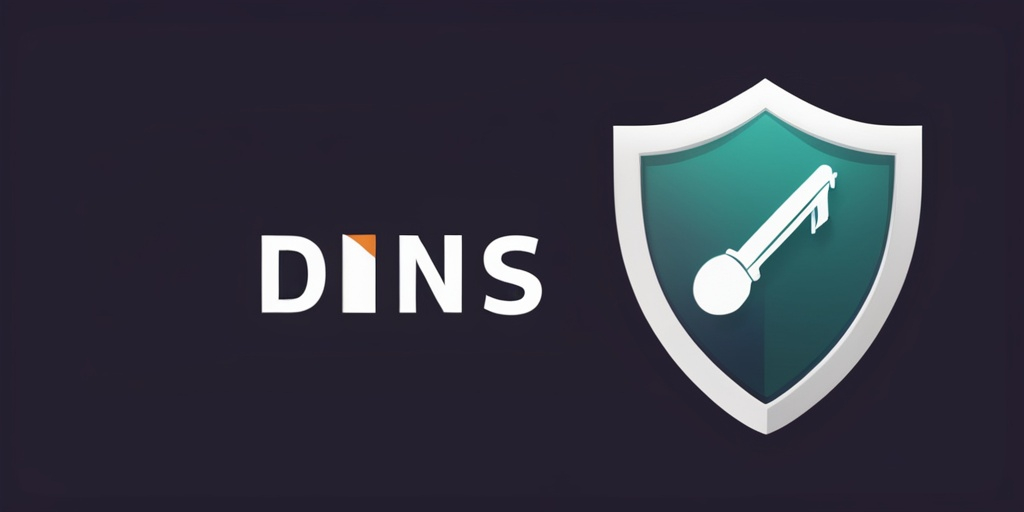DNS Leak Protection: Importance and How It Works
With the increasing use of VPNs (Virtual Private Networks) for online privacy and security, one key concept to understand is “DNS Leak Protection.” In this blog, we will explore the concept of DNS Leak Protection, its importance, and how it functions.
- What is DNS?
Before diving into the concept of DNS leaks, let’s clarify what DNS is. DNS (Domain Name System) is a naming system that helps convert domain names (like www.example.com) into IP addresses (like 192.0.2.1). This process allows browsers to access websites.
- What is a DNS Leak?
A DNS leak occurs when your DNS requests are sent directly to your Internet Service Provider (ISP) instead of being routed through your VPN. This can allow your ISP to see which websites you are accessing, even if you are using a VPN.
- Reasons for DNS Leaks
1. Misconfiguration: If your VPN is not configured correctly, your DNS requests may be sent to your ISP.
2. VPN Disconnection: In the event of an unexpected VPN disconnection, DNS requests may be sent to the ISP without the protection of the VPN.
3. Using Public DNS: Some users may use public DNS (like Google DNS), which can lead to information leaks.
- Importance of DNS Leak Protection
DNS leak protection is crucial because:
1. Privacy: DNS leaks can expose sensitive information about your browsing habits. By enabling DNS leak protection, you can ensure that your information remains secure.
2. Online Security: Preventing DNS leaks helps protect against cyberattacks and monitoring of your online activities.
3. Access to Restricted Content: Some websites may restrict access based on your geographical location. DNS leak protection can help you access content that is limited in certain areas.
- How to Prevent DNS Leaks
1. Choose a Reliable VPN: Ensure that your chosen VPN has DNS leak protection features.
2. Proper Configuration: Carefully configure your VPN settings and use available options to enable DNS leak protection.
3. DNS Leak Testing: Use online tools like “dnsleaktest.com” to check if your DNS requests are leaking.
4. Use Private DNS Servers: Some VPNs offer the option to use private DNS servers, which can provide additional security.
- Conclusion
DNS leak protection is an essential feature for any VPN user looking to maintain their online privacy and security. By selecting the right VPN and configuring it properly, you can safeguard your information and enjoy a safer, more private internet experience.

